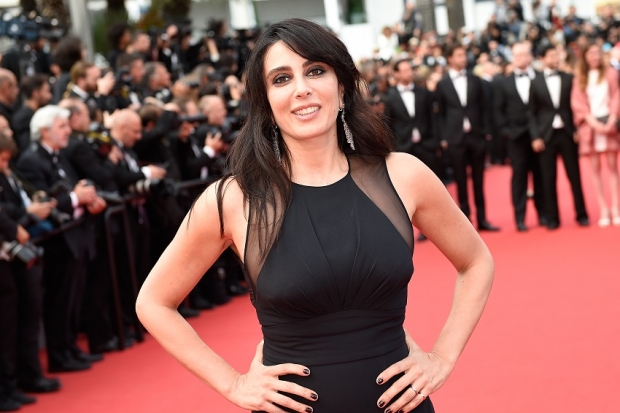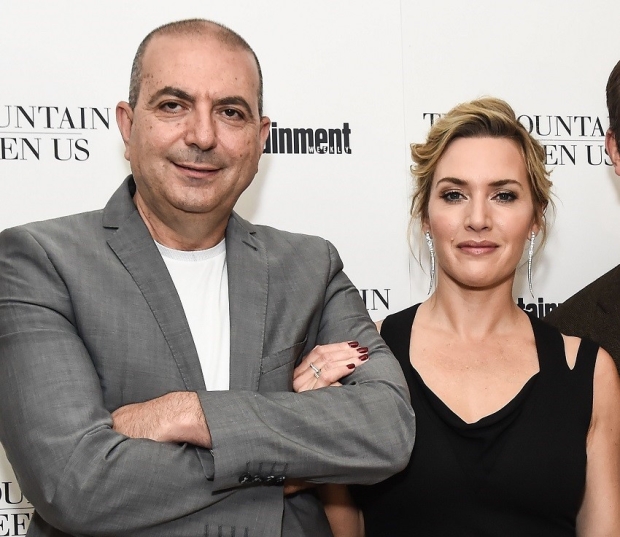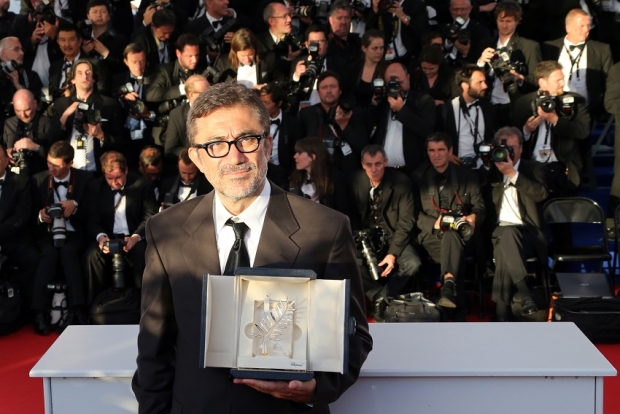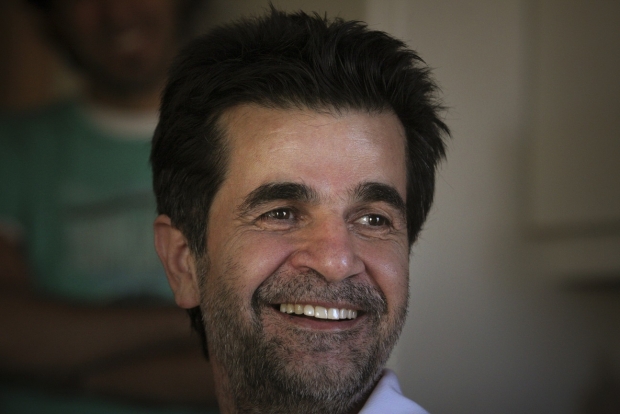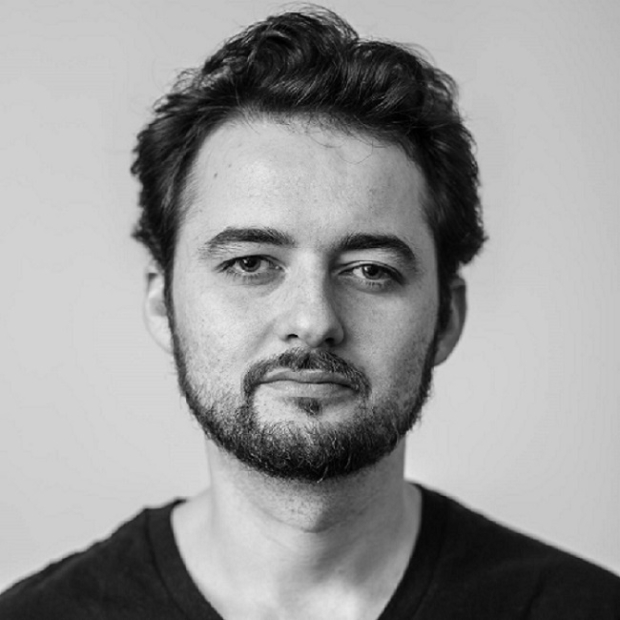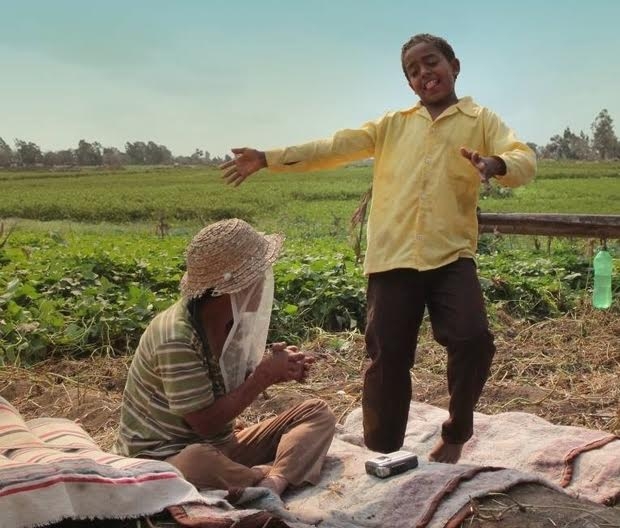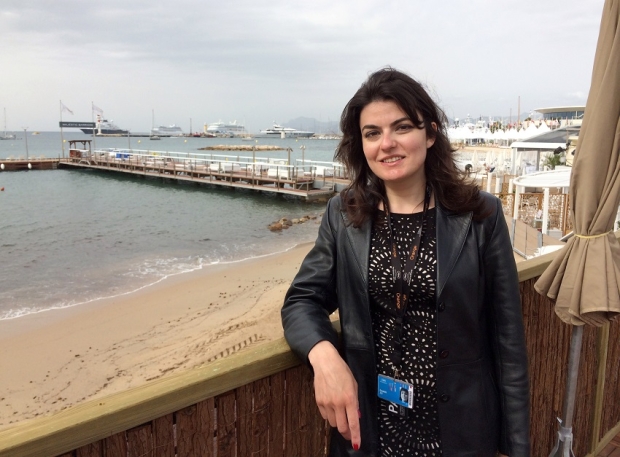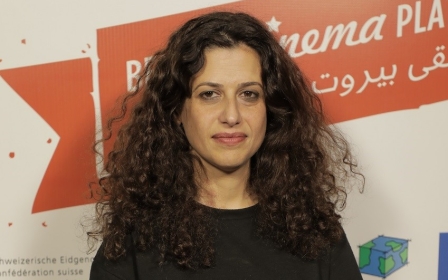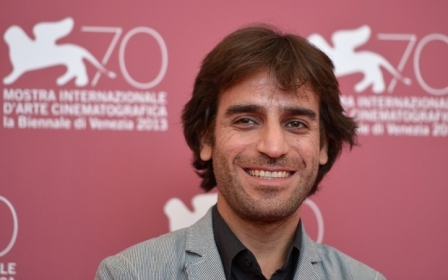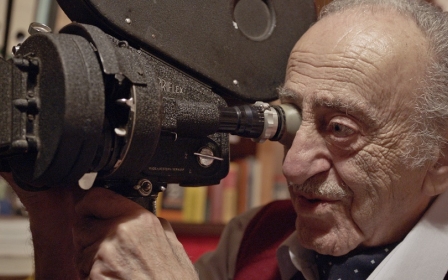Cannes 2018: The year Middle Eastern cinema made its mark
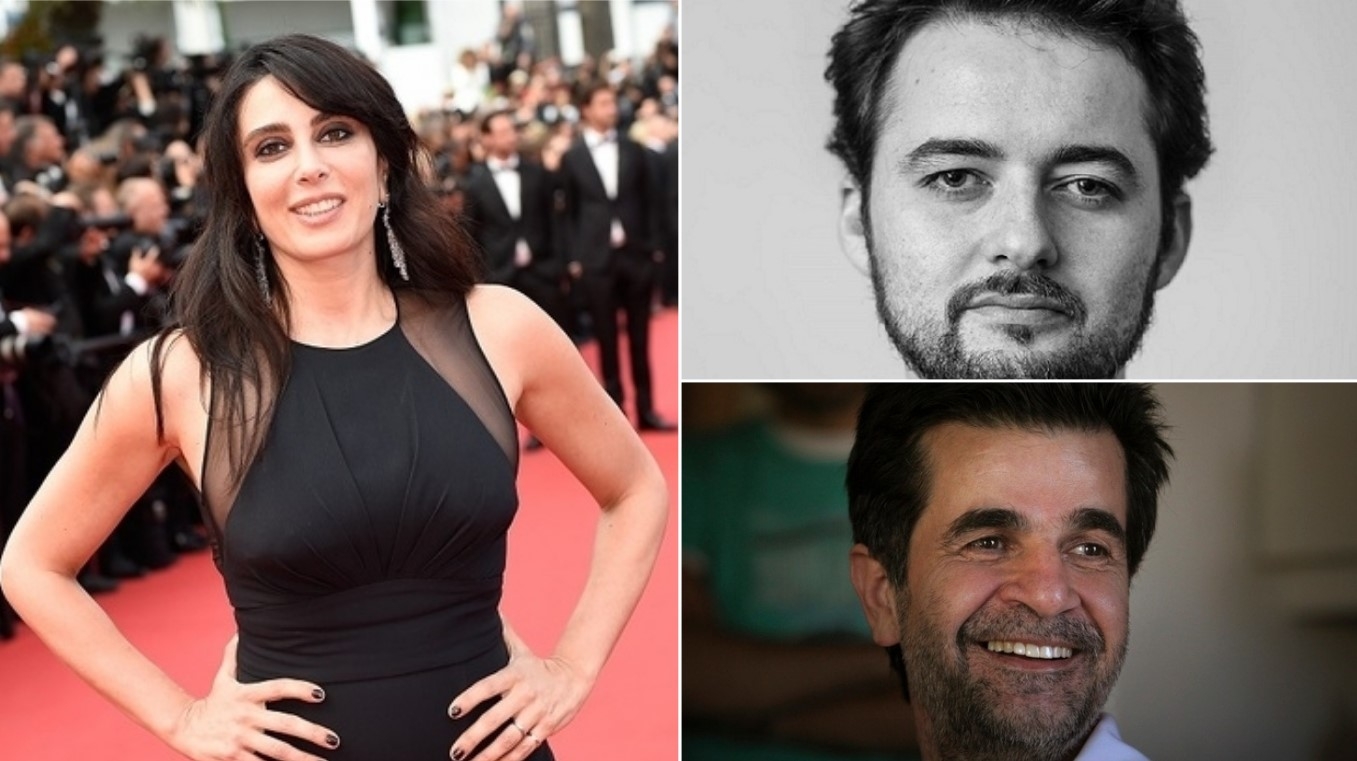
The selection of films at the 71st Cannes Film Festival, running from 8-19 May, is the talk of the town. The word in film industry circles is that Middle Eastern cinema has finally arrived.
For the first time in Cannes’ history, a record five films - more than quarter of the competition - by filmmakers from Turkey, Iran, Lebanon and Egypt have been selected for the official competition.
For Turkey and Iran - both former winners of the festival’s highest prize, the Palme d’Or, for best film - it is a reaffirmation of the countries’ status as global powerhouses of cinema.
However, this year also marks a breakthrough for Arab cinema. This is the first time two Arab films have figured in the Cannes competition since 1970, when Tunisian Abdellatif Ben Ammar’s A Simple Story and Egyptian Youssef Chahine’s The Land put Arab cinema under a rare spotlight.
Daring and unpredictable
Hot on the heels of two Oscar nominations (Lebanese Ziad Doueiri’s The Insult and Syrian Feras Fayyad’s Last Men in Aleppo) and an increasing presence in Hollywood, with Palestinian Hany Abu-Assad directing Kate Winslet and Edris Elba in The Mountain Between Us, and Saudi Haifaa al-Mansour taking on a biopic on Frankenstein author Mary Shelley with Elle Fanning, established Arab filmmakers have become the toast of international film circuits.
Cannes' rift with streaming giant Netflix and the festival’s refusal to accept the network’s productions with French theatrical release plans may have made room for the inclusion of more Middle Eastern films.
When the competition included two Netflix films last year in its selection, it stirred controversy, causing the festival to change the rules in its 2018 edition. Cannes said it would not accept a Netflix film that wouldn't show in theatres, but Netflix did not oblige and pulled out of the festival. In the meantime, red-carpet selfies have been banned this year.
Middle Eastern films aside, other competition entries include American Spike Lee’s politically charged BlacKkKlansman, which is about an African-American undercover cop infiltrating the Ku Klux Klan in 1978; Leto, a love triangle set in 1980s Moscow by Russian director Kirill Serebrennikov (who is currently under house arrest for alleged financial fraud); and Eva Husson’s Girls of the Sun, an imaginary tale of a female Kurdish warrior, starring exiled Iranian actor Golshifteh Farahani, plotting to free her hometown from the clutches of the Islamic State militant group.
Meanwhile, the Un Certain Regard section is primarily dominated by newcomers making their first or second films by the likes of Chinese Bi Gan’s Long Day’s Journey into Night; a meditative journey of a man searching for his long lost love; Indian Nandita Das’ Manto, a biography of the controversial Indian writer, Saadat Hasan Manto; and Kenyan Wanuri Kahiu’s Rafiki (Friend), a lesbian romance that has already been banned in the East African country.
Inquisitive eyes will certainly be directed towards the diverse Middle Eastern selection that blends the political with the personal, and on occasion, eschews the former entirely.
History in the making
Cannes will open for the first time in its history with a film by a Middle Eastern filmmaker and two-time Oscar winner: Iranian director Asghar Farhadi’s Spanish-French production Everybody Knows, starring Penélope Cruz and Javier Bardem. A psychological thriller modelled after the director’s searing family drama A Separation, the film tells the story of a woman named Laura (played by Cruz) and her family returning to her native Spanish village for a family celebration. An unexpected event shakes up the foundation of their family, laying secrets in the open and forcing them to make difficult moral choices.
More hotly anticipated is Nuri Bilge Ceylan’s latest, The Wild Pear Tree. The Turkish luminary’s first film since the 2014 Palme d’Or winner Winter Sleep, the 190-minute rural epic centres on a father and his aspiring writer son, whose literary ambitions have caused his relationship with his father to fray.
Another filmmaker under house arrest with a film in the competition this year is acclaimed Iranian director Jafar Panahi, with his first contender in the main competition, Three Faces. Last honoured in Berlin in absentia with his crowd-pleasing Golden Bear winner Taxi, Three Faces is, as described by Cannes director Thierry Frémaux, a “feel-good” picture about three women actors at different crossroads in their lives and careers: a pre-revolution retired veteran, a nationwide star, and a young acting student.
Also competing for the Palme d’Or for the first time is famed Lebanese director Nadine Labaki with her third feature, Capharnaum. An independently produced, big-budget drama about a rebellious boy who launches a lawsuit against his parents for giving birth to him, Capharnaum marks a departure of sorts for Labaki’s previous sugar-coated multi-character dramas, employing a cast of largely non-professionals and touching upon the escalating crisis of Beirut’s street kids. Capharnaum is the first Lebanese entry in the festival's main competition since Maroun Bagdadi’s Out of Life in 1991.
Anticipation
One of the biggest surprises at Cannes is Egyptian AB Shawky’s debut feature, Yomeddine, a comedy-drama following a leper who embarks on a road trip with an orphan boy who he has taken under his wing. Following the death of his wife, he tries to locate the family who left him behind when he was young.
Starring young Lebanese stalwart Manal Issa (Nocturama, Parisienne), this study of female sexuality in times of turmoil is the most provocative title of the Middle Eastern selection.
Similar in theme but different in form from Tunisian Kaouther ben Hania’s Beauty and the Dogs, also shown in Un Certain Regard last year, Sofia could turn out to be another North-African film that is disparaging of patriarchy and bureaucracy.
Lastly, award-winning Tunisian filmmaker Mohamed Ben Attia - who made a big splash in 2016 with his debut Hedi (winner of best actor and best first feature at the Berlin Film Festival) - returns with Weldi (Dear Son), in which a middle-class family discovers that their only son has joined the Islamic State group. Dear Son is produced by leading Tunisian producer, Dora Bouchoucha, and two-time Belgian Palme d’Or winners and brothers, Jean-Pierre Dardenne and Luc Dardenne.
The Cannes Film Festival begins 8 May and concludes the 19 May.
This article is available in French on Middle East Eye French edition.
New MEE newsletter: Jerusalem Dispatch
Sign up to get the latest insights and analysis on Israel-Palestine, alongside Turkey Unpacked and other MEE newsletters
Middle East Eye delivers independent and unrivalled coverage and analysis of the Middle East, North Africa and beyond. To learn more about republishing this content and the associated fees, please fill out this form. More about MEE can be found here.


